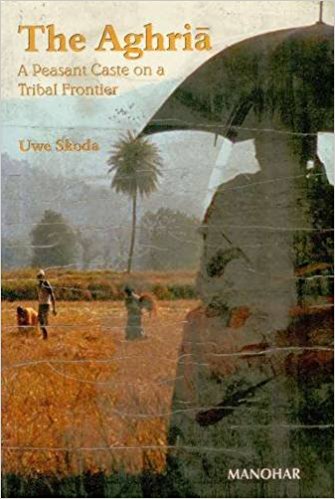This book is based on a PhD thesis recently awarded by the University of Berlin. The author lived in an Oriya village called Mundaloi for 18 months during 2000-02 to collect data for his thesis. Until I read this book I had a kind of belief that PhD theses do not make good books even if they are substantially revised. The smell of a thesis is not the best thing one expects in a book one pays for oneself unlike a thesis to read which one is paid for. This book has forced me to rethink, for it has an uncanny way of holding you on and forcing you to look for details, which is the most important strength of this book. The language is simple and clear, although the issues the author tries to raise are often very complex. Considering that the author is not a native Oriya or an Aghria, the depth of his understanding of the Aghria caste system, dialect, mythology, kinship, life cycle, etc., is rather impressive. There are eight chapters in this book and more than 100 pages of appendices, which contain extremely rich data on the Aghrias.
January 2006, volume 30, No 1

